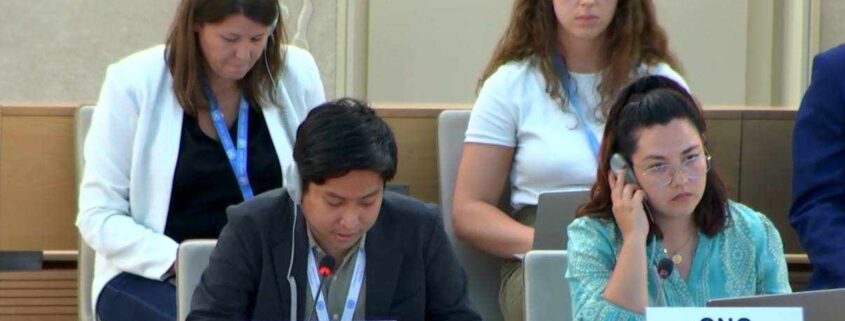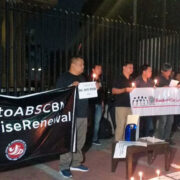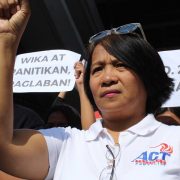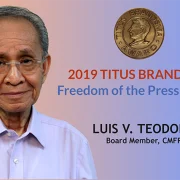Health care in PH remains unbalanced, groups tell UN
Health groups reported at the United Nations (UN) that access to health care in the Philippines remains inequitable despite digital innovations and technological breakthroughs in the sector.
Dr. Joshua San Pedro of the Coalition for People’s Right to Health (CPRH) and Council for Health and Development (CGD) said problems on the lack of health infrastructure remain in the Philippines.
Speaking at an interactive dialogue at the ongoing 53rd session of the UN Human Rights Council (HRC) in Geneva, Switzerland last June 22, San Pedro added that shortfalls in health human resources as well as inadequate State funding for public health have yet to be addressed.
With UN Special Rapporteur on the Right to Health Dr. Tlaleng Mofokeng in attendance, San Pedro said governments must adequately fund public health and systematically reverse privatization of health services.
This is to ensure a safe environment for patients and health workers, increase monitoring systems for human rights violations, create mechanisms for accountability, and enact laws that will comprehensively address health inequities, he added.
The Free National Public Health System Bill is pending at both houses of Congress in the Philippines that may help address these concerns in combination with breakthroughs in digital innovations and technology in local health care, San Pedro said.
Harassment of health workers
San Pedro also raised concerns on the harassment and intimidation, red-tagging and surveillance of health workers who criticize government shortcomings in health care delivery.
“[A] climate of fear persists among health workers whose freedom of speech and association are constantly challenged,” San Pedro said.
In response, Mofokeng said that surveillance of vulnerable populations and groups is not in line with the right to health approach and businesses must not interfere with the right to health and human right.
Taking note of inequalities gravely aggravated in a pandemic, Dr. Mofokeng remarked that a pandemic treaty without a human rights approach and human rights foundation will not yield the desired equitable outcomes.
The UN expert added that scientific development is a public good and the rights-based approach is key to ensuring availability, accessibility, affordability and quality of diagnostics, screening test, therapeutics, vaccines, surgical procedures as well as sexual and reproductive health programs. # (Raymund B. Villanueva)







